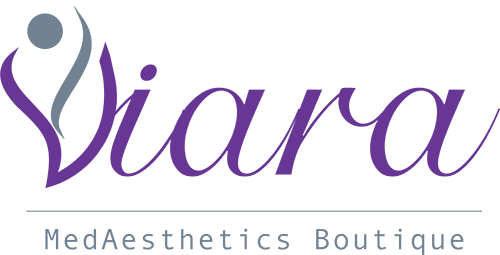A chin implant surgery is a surgical procedure to enhance a small or even recessed chin. Most people get chin implants for cosmetic reasons, like improving the definition of their lower face. Few people get chin implants to reconstruct the chin after surgery or even trauma.
A chin implant can indeed help enhance a small or even receding chin and add definition and also contour to one’s lower face, profile, and jawline. Several people get chin implants for cosmetic reasons, but sometimes, the surgery can rather help reconstruct one’s face. A plastic surgeon makes a cut in one’s skin, inserts the implant, and also molds it to one’s chin bone to achieve a natural, balanced look.
Other names for chin implant surgery happen to be chin augmentation (enlargement) or perhaps chin enhancement.
Anyone concerned about perhaps a small or recessed chin may consider chin implants. A recessed chin is considered to be when the chin does not stick out far enough from one’s face. From the side, one’s chin is not in proportion with the lines of one’s forehead, nose, and other features.
People who have had trauma to their face, like a facial fracture or even a tumor removal, might also consider and benefit from a chin implant.
A chin implant can be part of or in addition to other surgeries, like:
- Double chin surgery.
- Facelift (rhytidectomy).
- Facial masculinization surgery.
- Facial reconstruction surgery.
- Genioplasty (chin augmentation).
- Rhinoplasty (nose reshaping).
The ideal candidate for chin implant surgery is someone who:
- Does not have a jaw disorder, jawbone deformity, or even a very short chin height.
- Do not smoke.
- Has reached full skeletal maturity (bone growth is complete; late adolescence).
- There are indeed realistic expectations about the results of chin implant surgery.
- Is also physically healthy.
Depending on the complexity of one’s surgery, the person may be able to go home the same day as per one’s procedure. Less often, people stay in the hospital overnight. The surgeon will give specific instructions about how to care for one’s incision.
Risks and Benefits
Risks are like all surgeries; a chin implant does carry a few risks, including:
- Bleeding.
- Bruising.
- Burning or even prickling sensation.
- Erosion or even resorption of one’s chin bone.
- Hair loss near the incision (if the incision happens to be on the outside of one’s chin).
- Implant extrusion (implant pokes via the incision).
- Implant rejection.
- Infection.
- Nerve injury.
- Scarring.
- Shifted or misaligned implant.
Benefits of a chin implant:
A chin implant can:
- Create a more balanced look to one’s face, jawline, and also side profile.
- Restore lost chin volume.
What can a person expect after a chin implant?
The person should take it easy for about a week or two after the chin implant. He or she can do light activities but should also avoid:
- Heavy lifting.
- Strenuous activity.
- Bending over.
He or she might notice swelling and also bruising. Talk to the healthcare provider about the best way to care for one’s incision. They may recommend a soft food diet for a few weeks. Rinsing one’s mouth with salt water or a prescription dental rinse before and after meals can also help keep the incision clean as well as reduce pain.

Most people do have favorable results after a chin implant. Several people report satisfaction with the outcome.
When to See the Doctor?
Contact one’s healthcare provider if having:
- Fever, chills, or even other flu-like symptoms
- Signs of infection, such as pus or drainage, come from the incision.
- Swelling or pain that does last longer than a few days.
Conclusion
Chin implant surgery is usually preferred to enhance looks and perhaps carried out for other reasons too.
